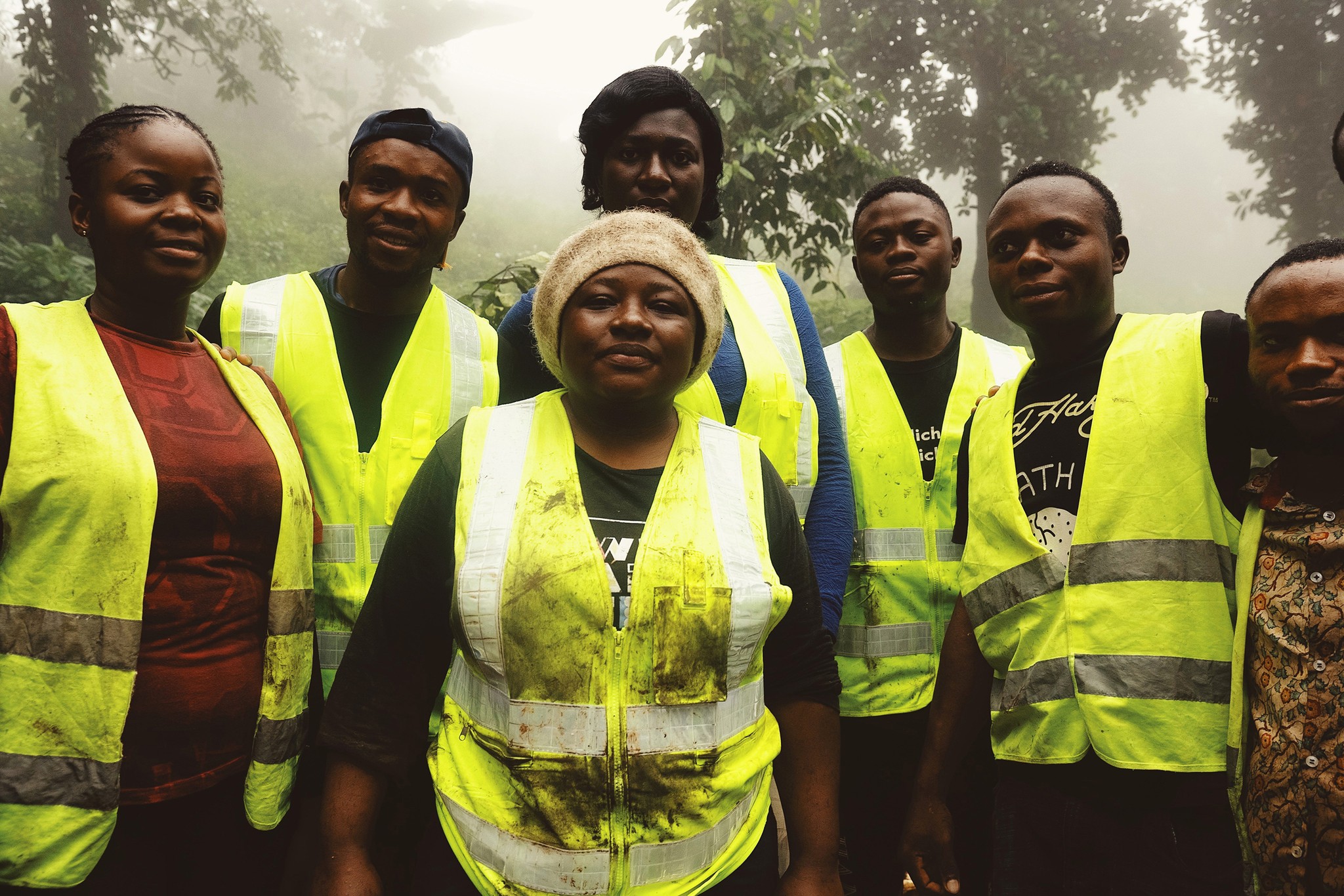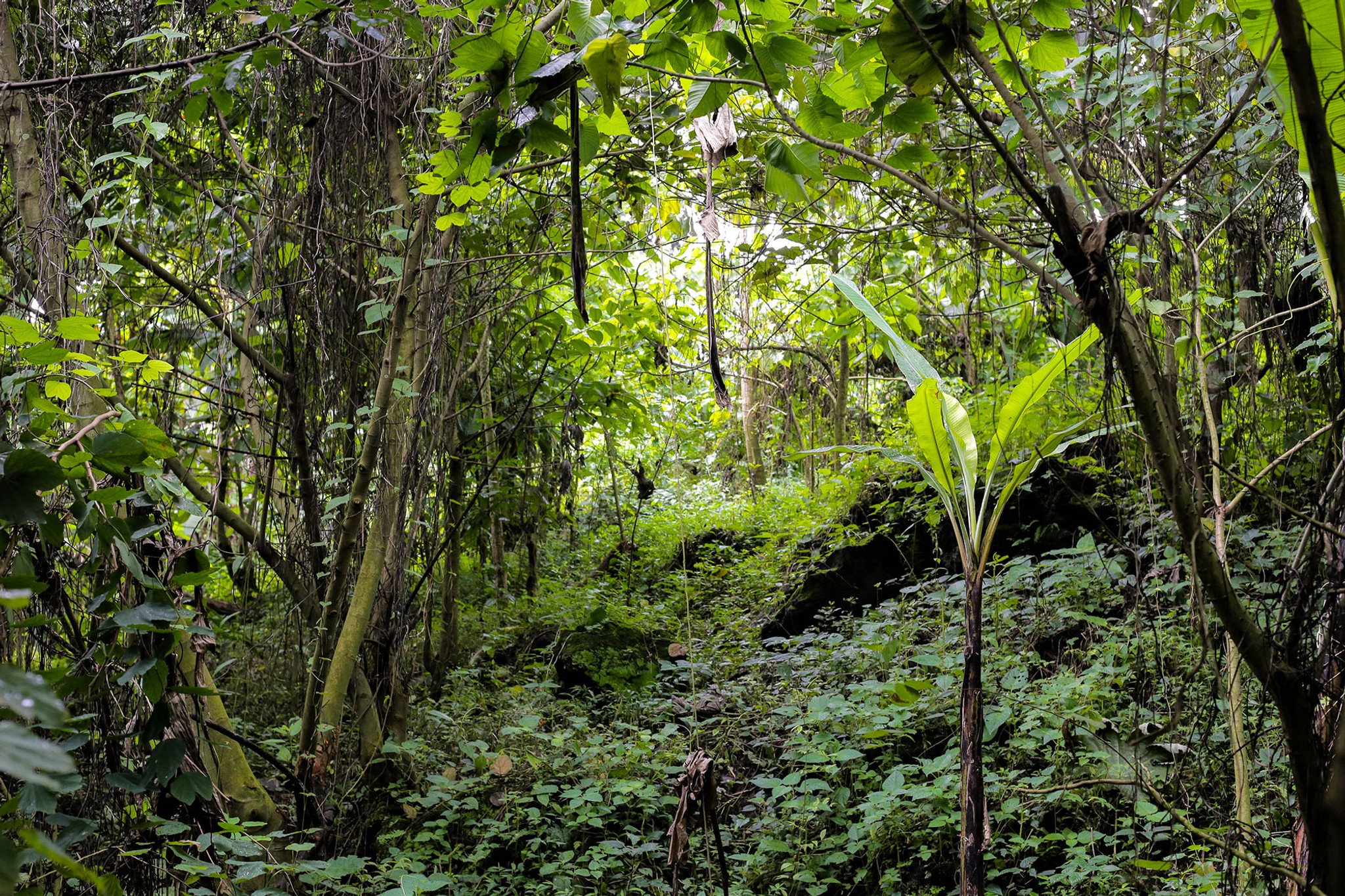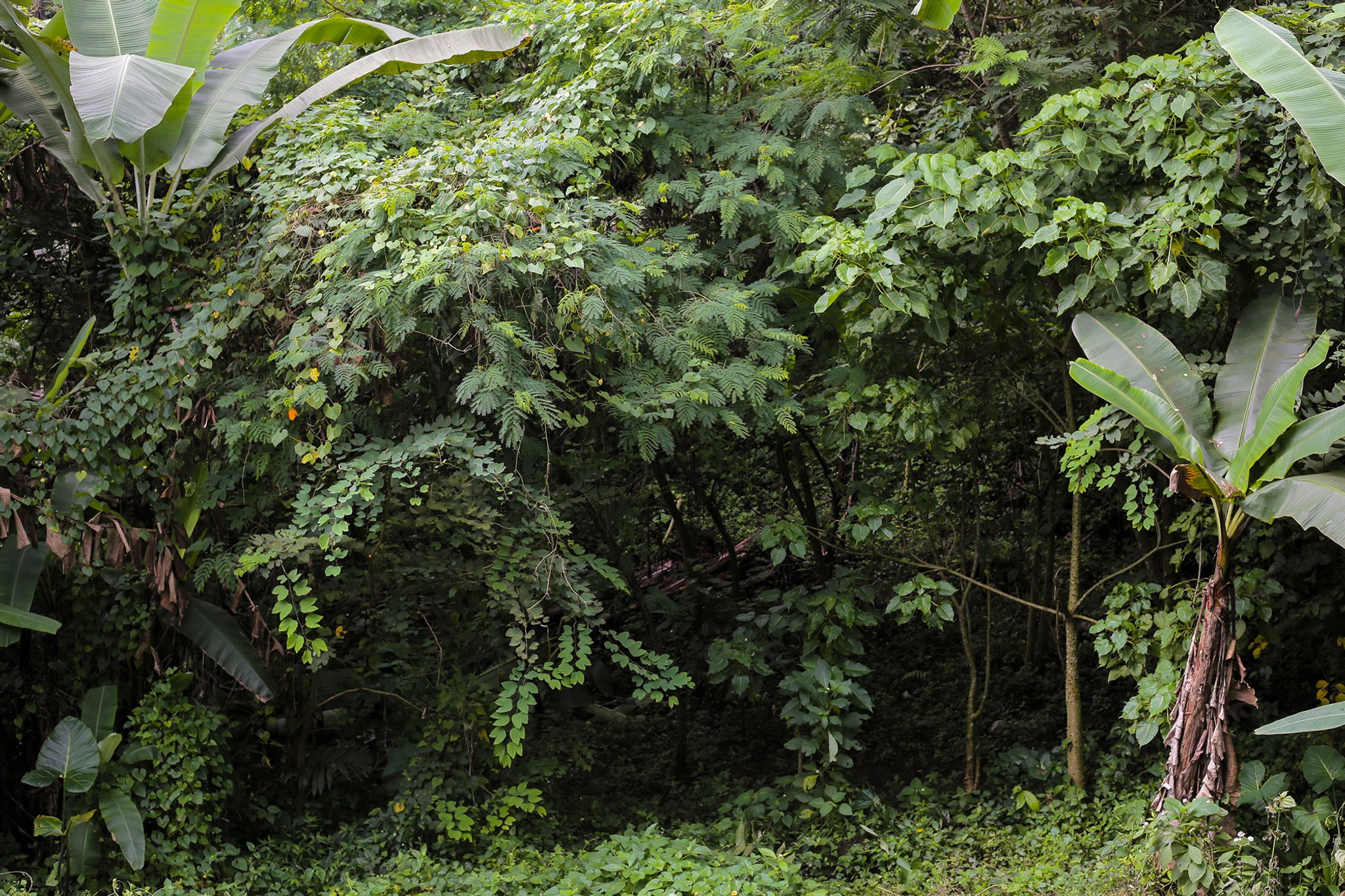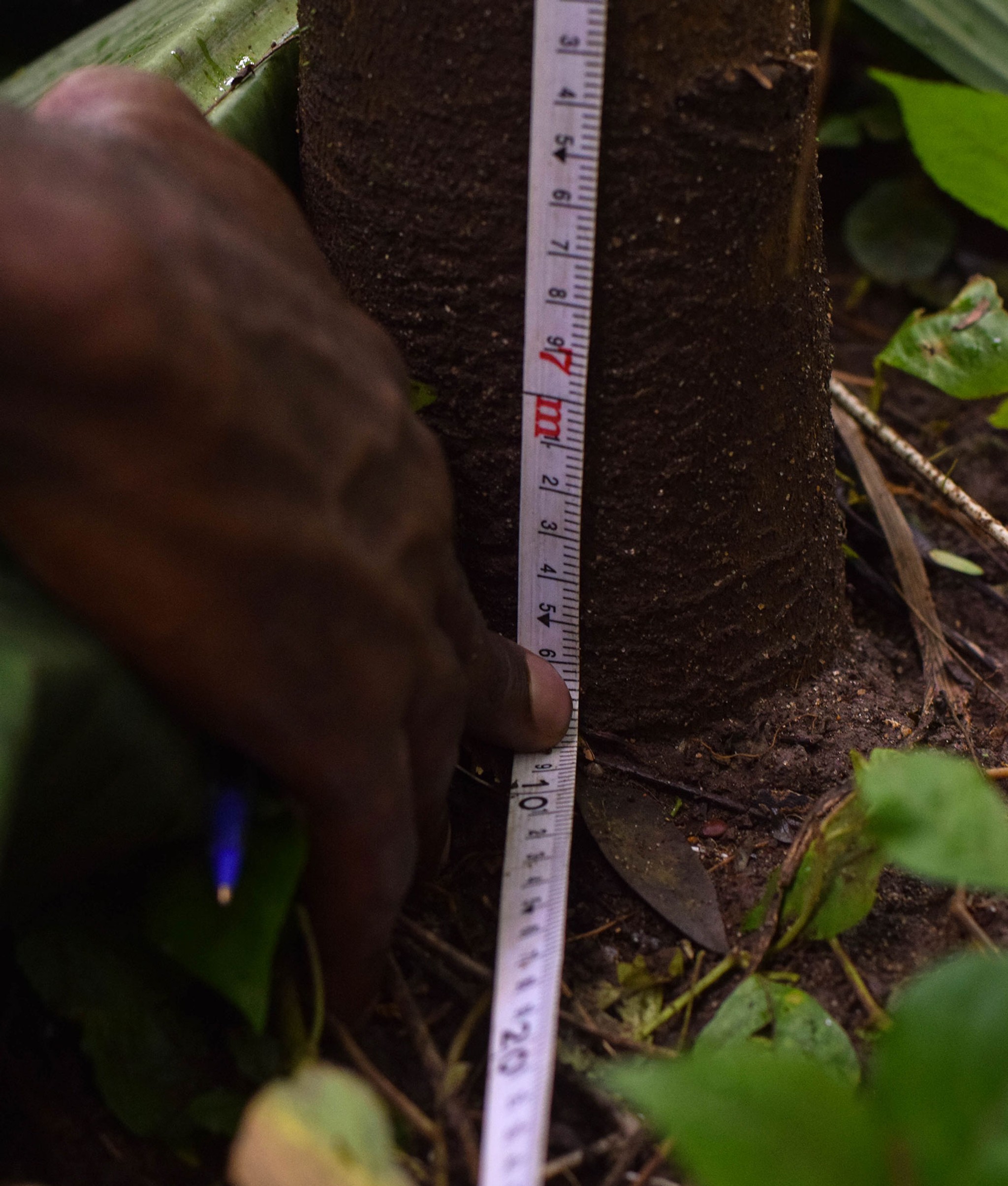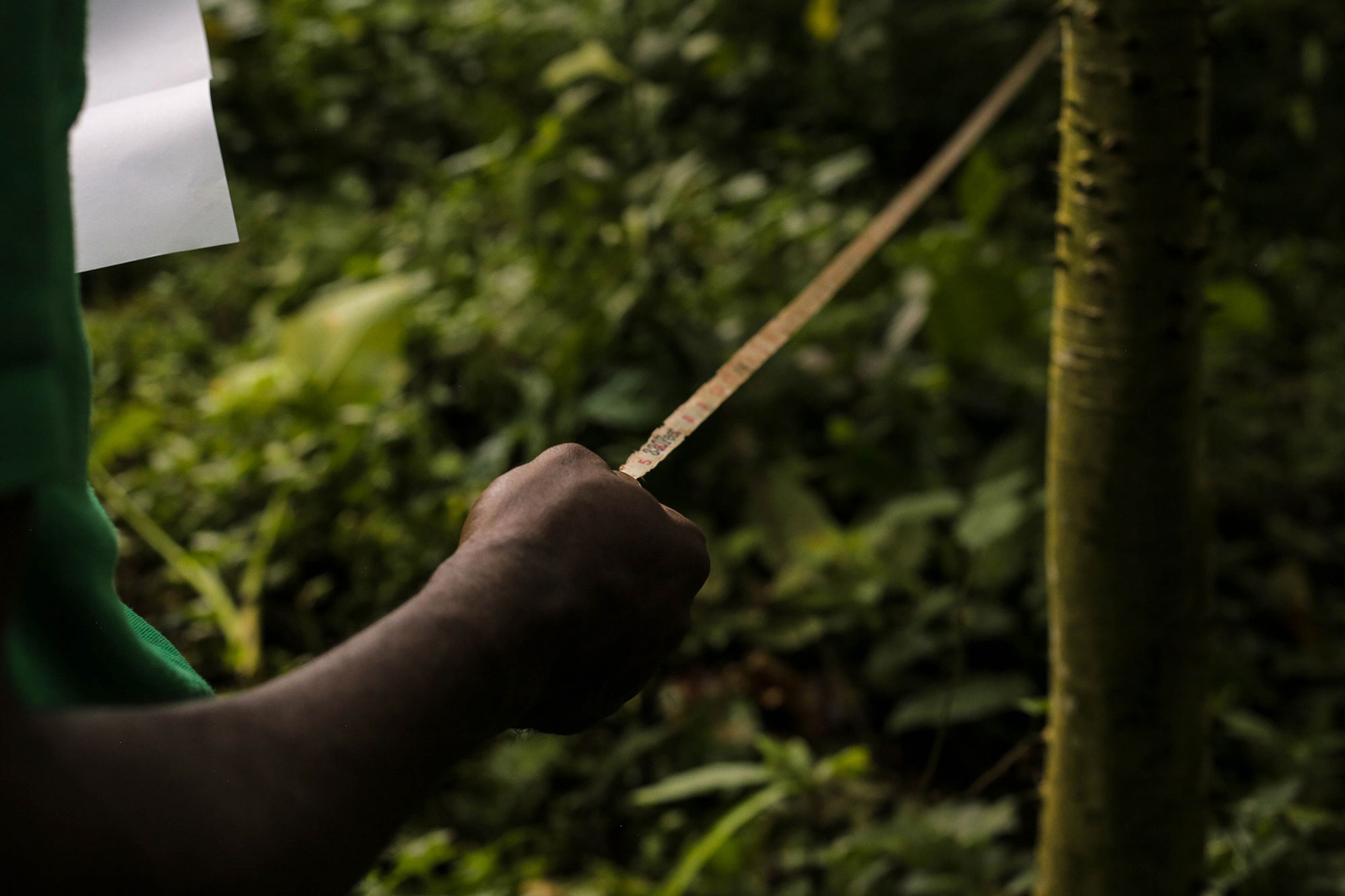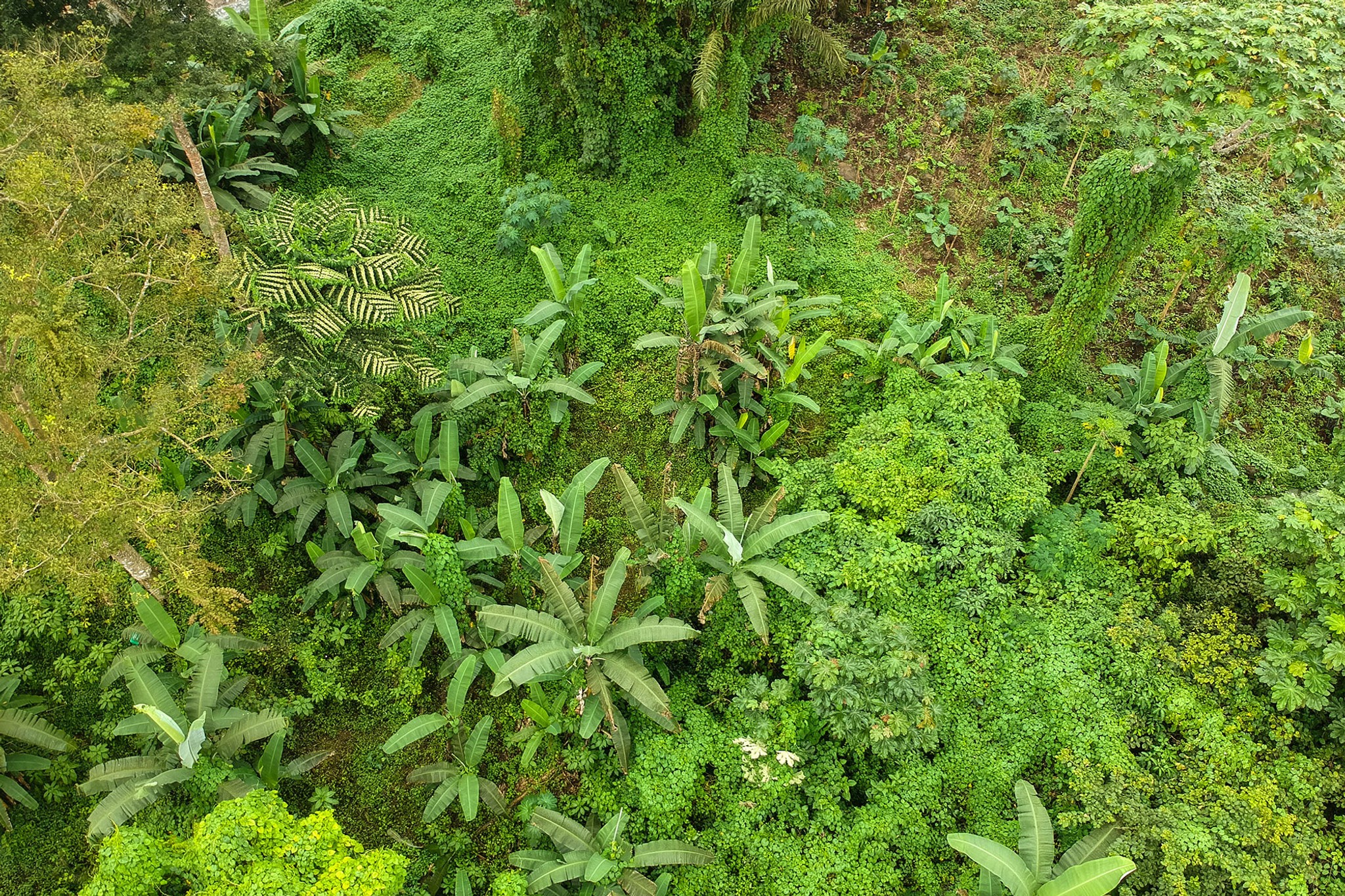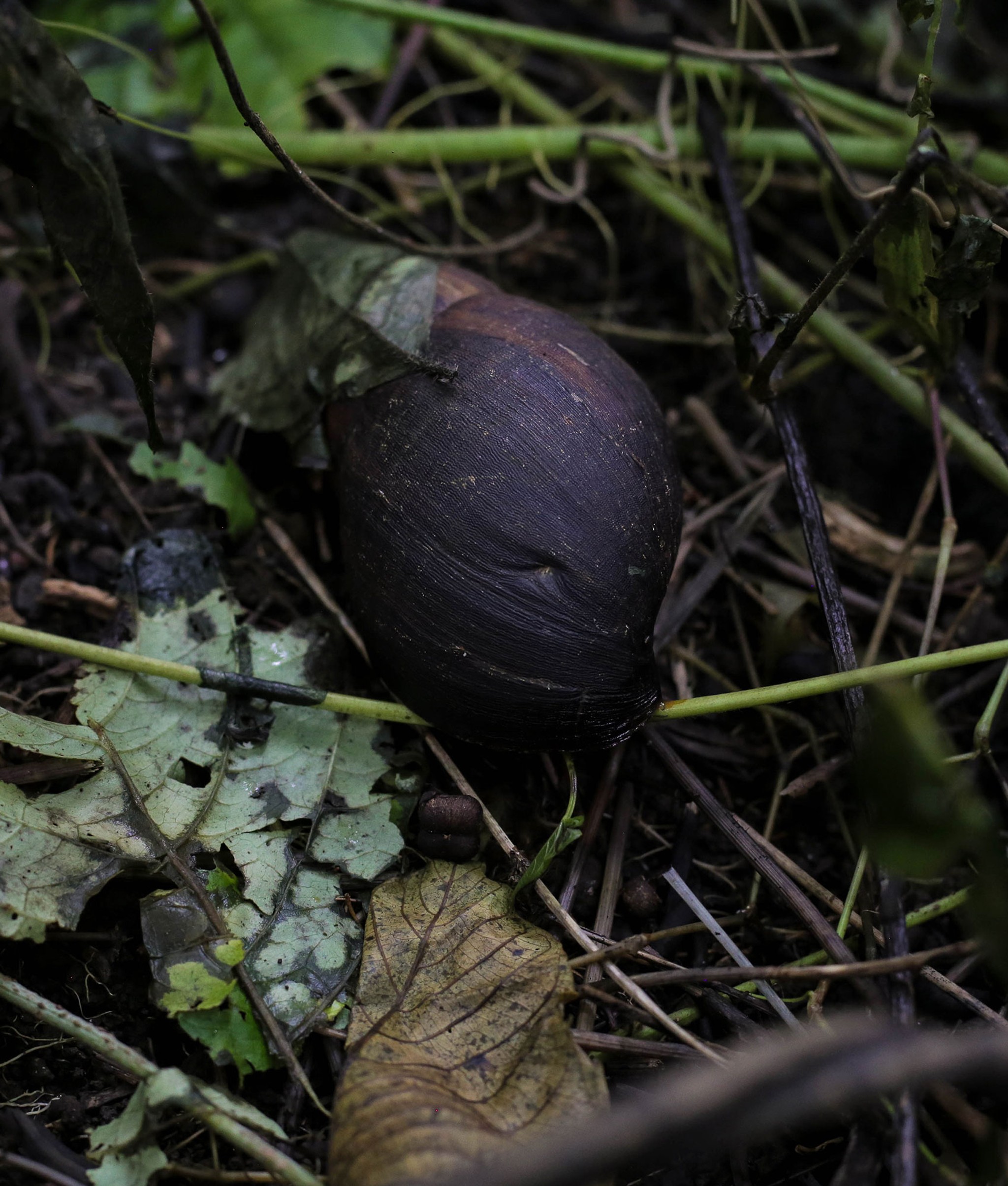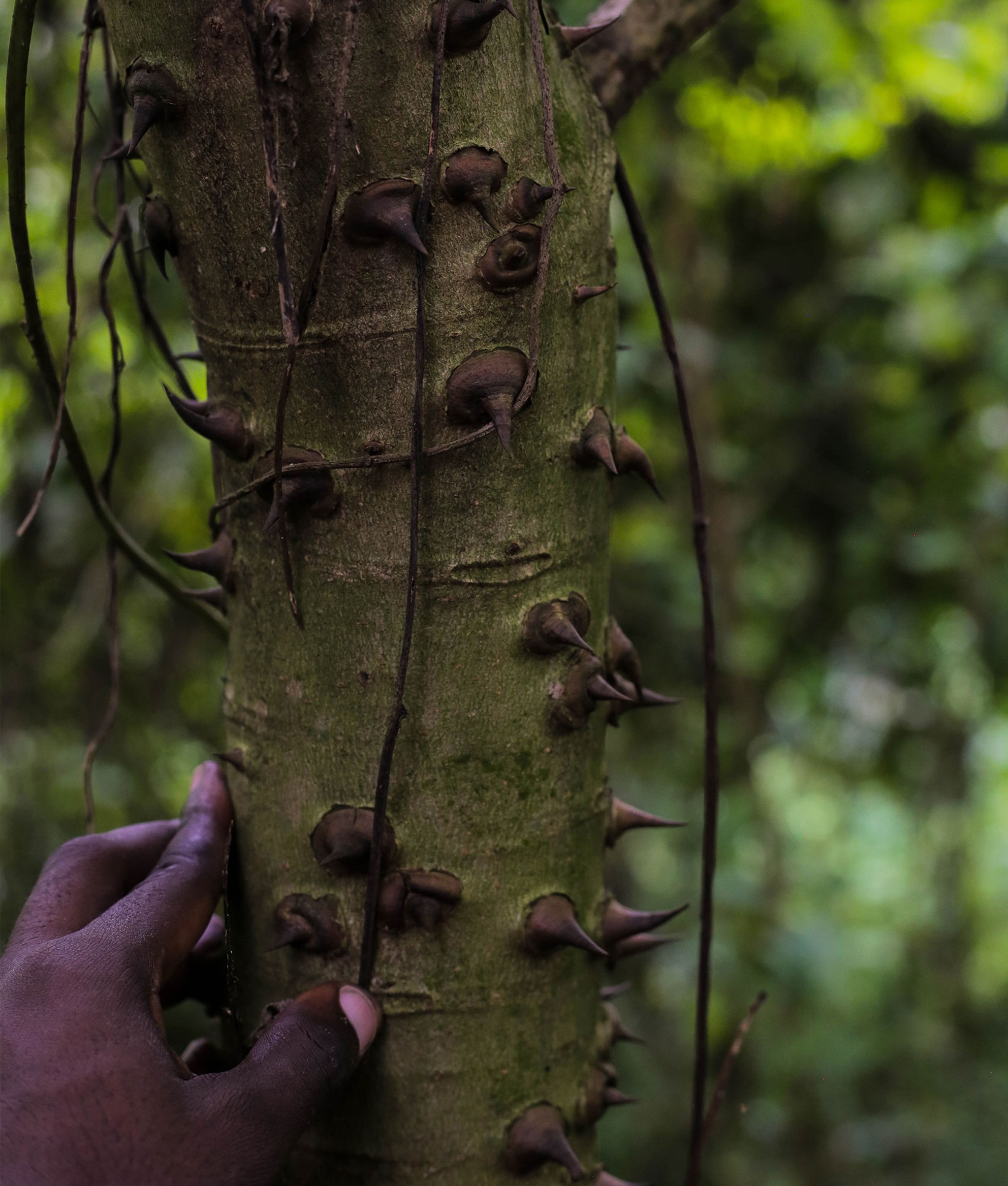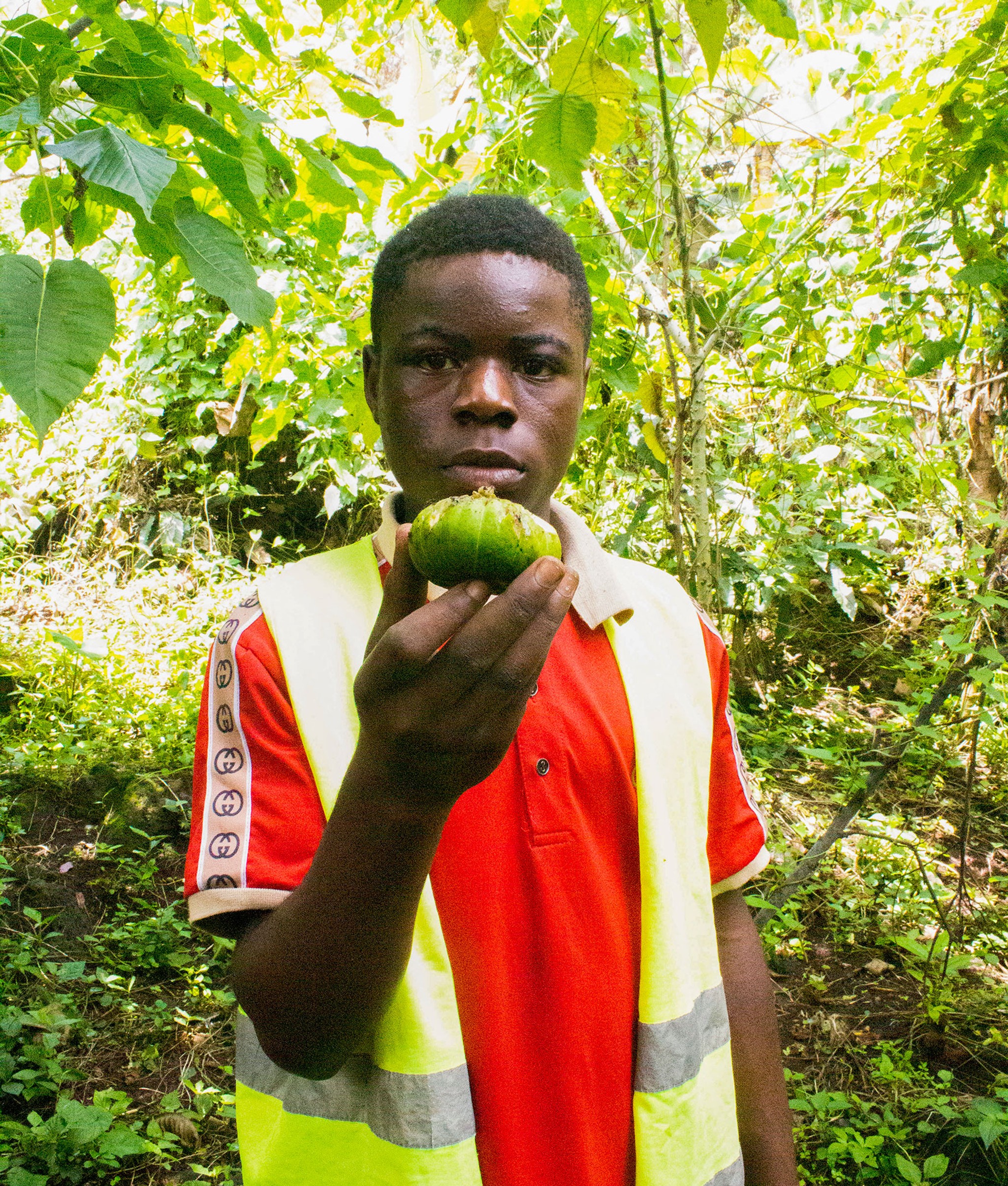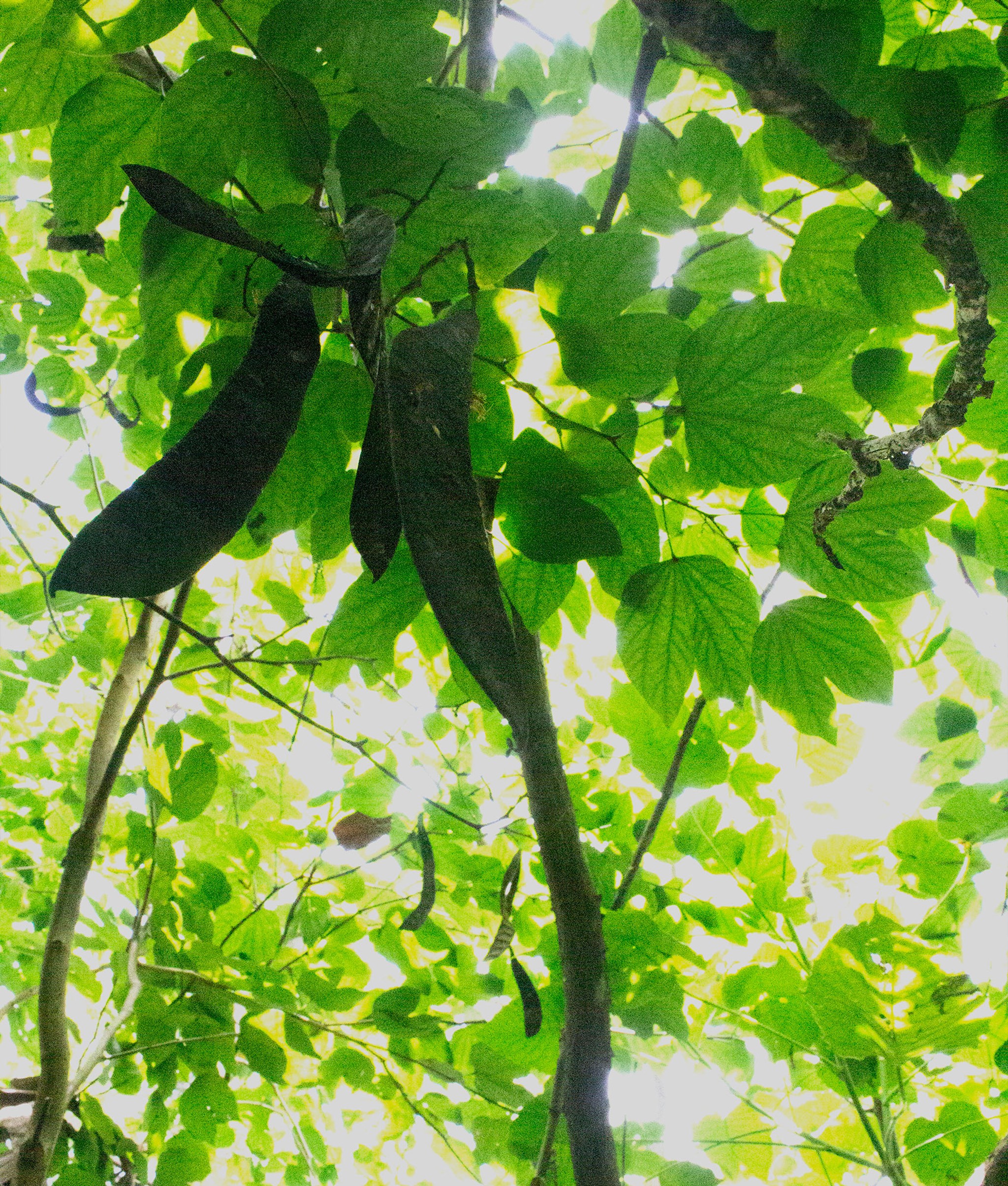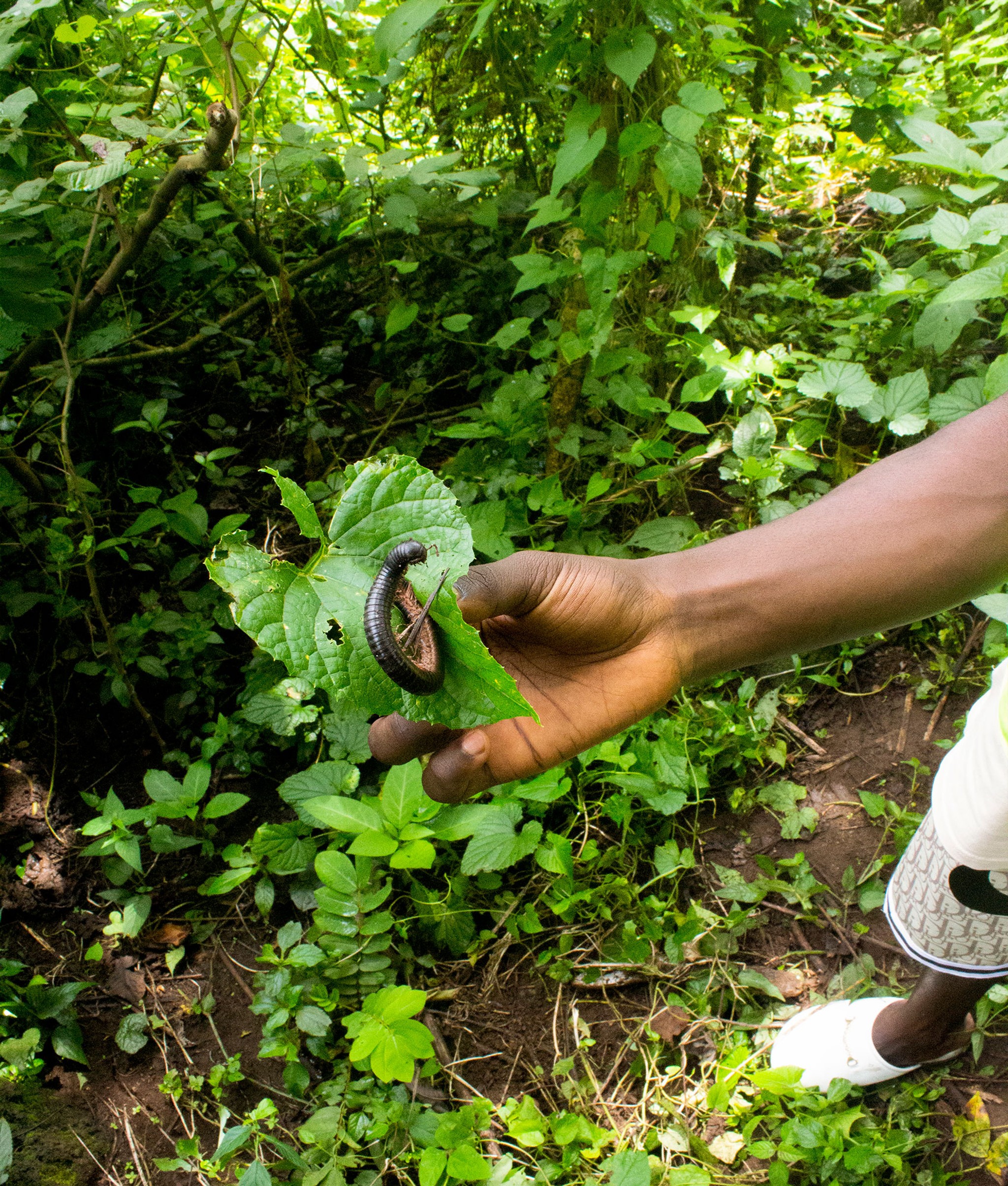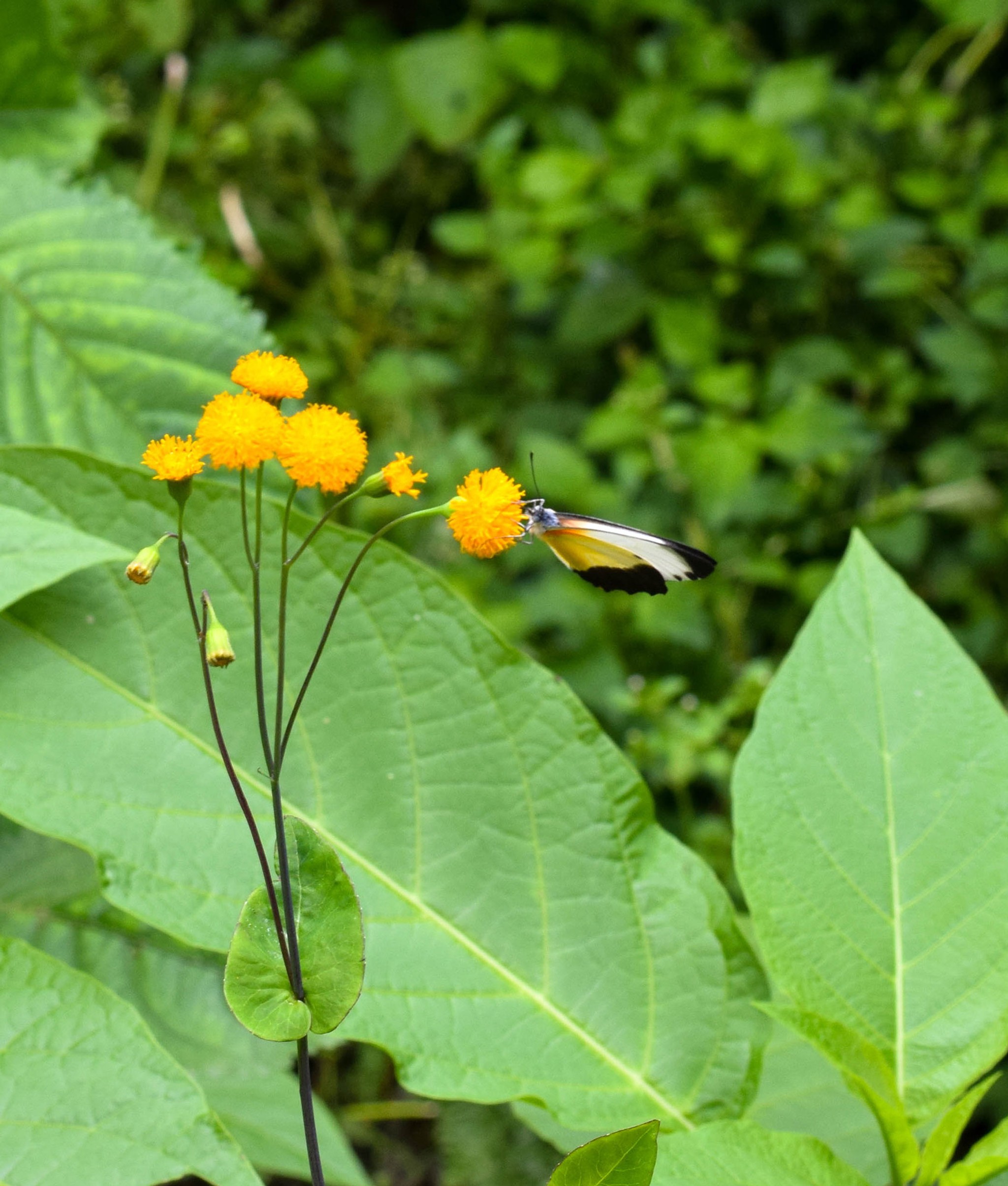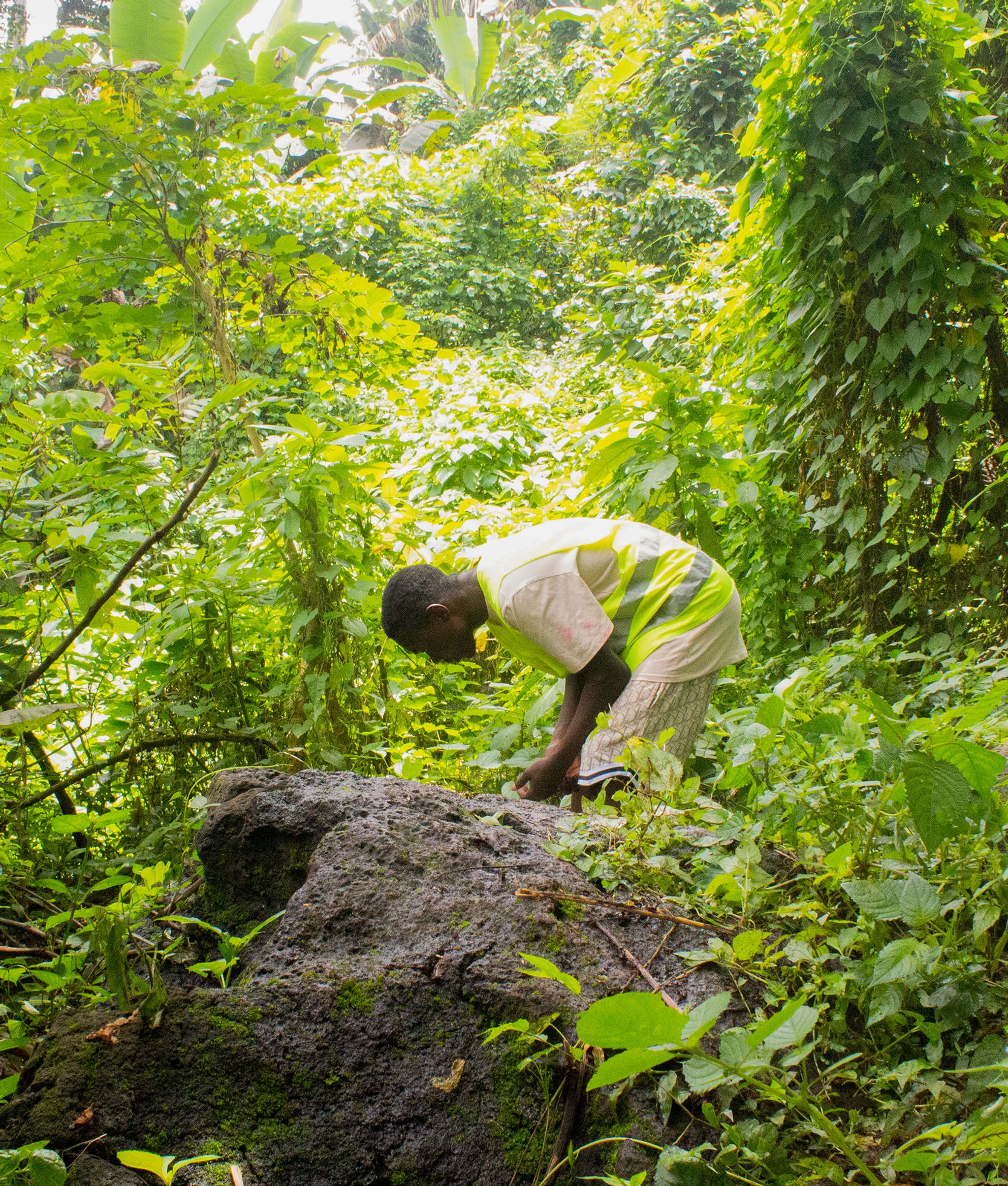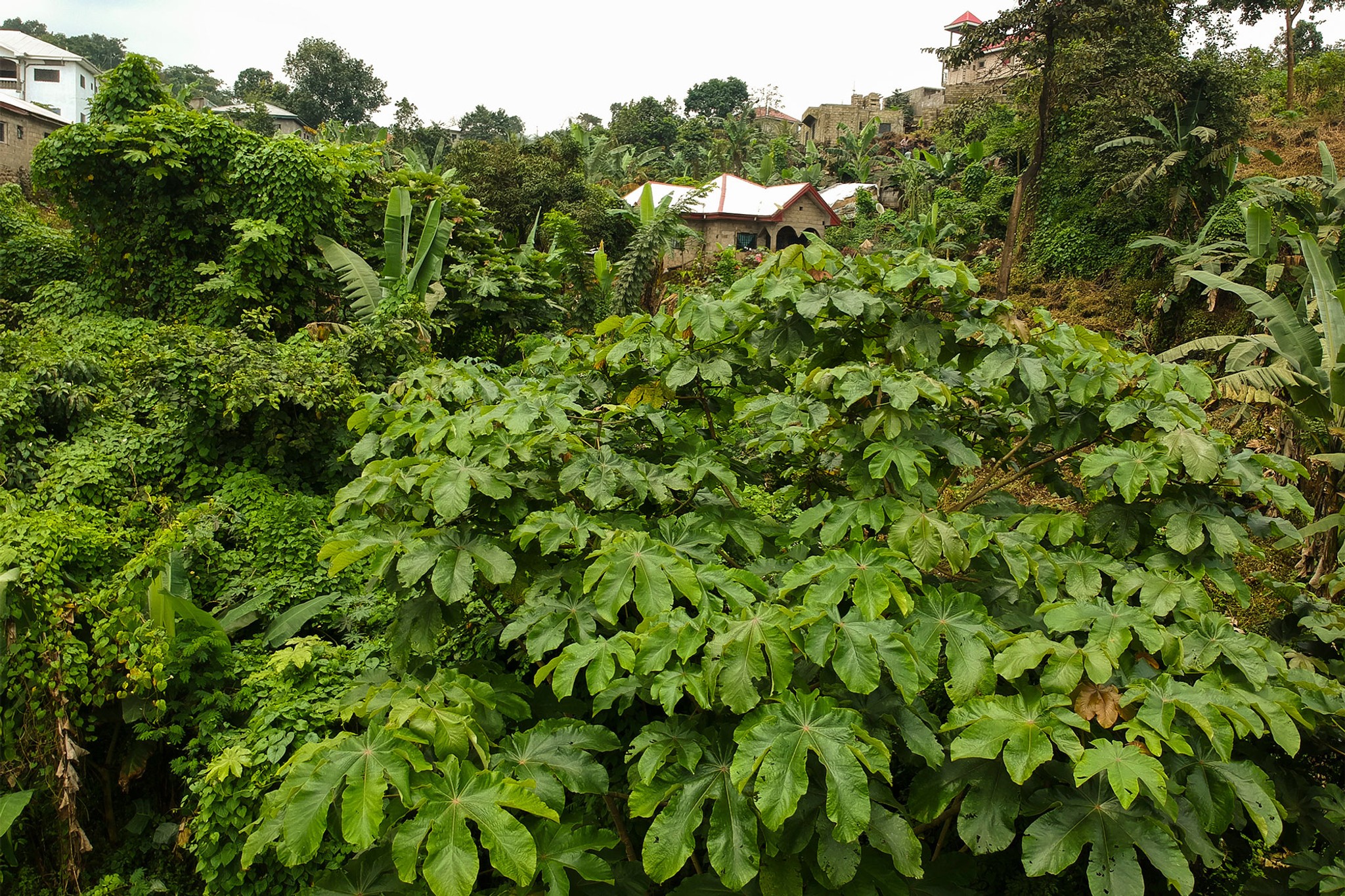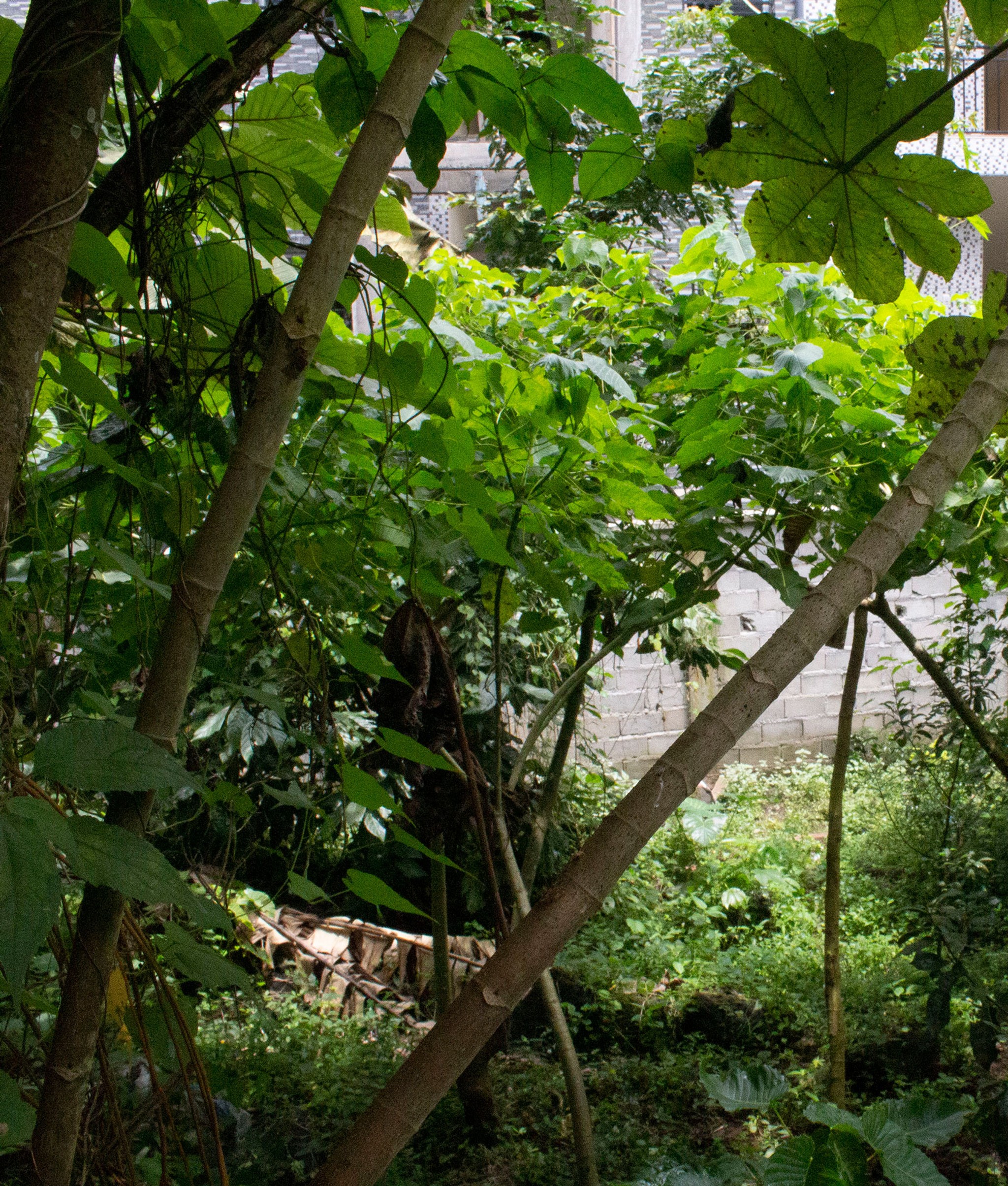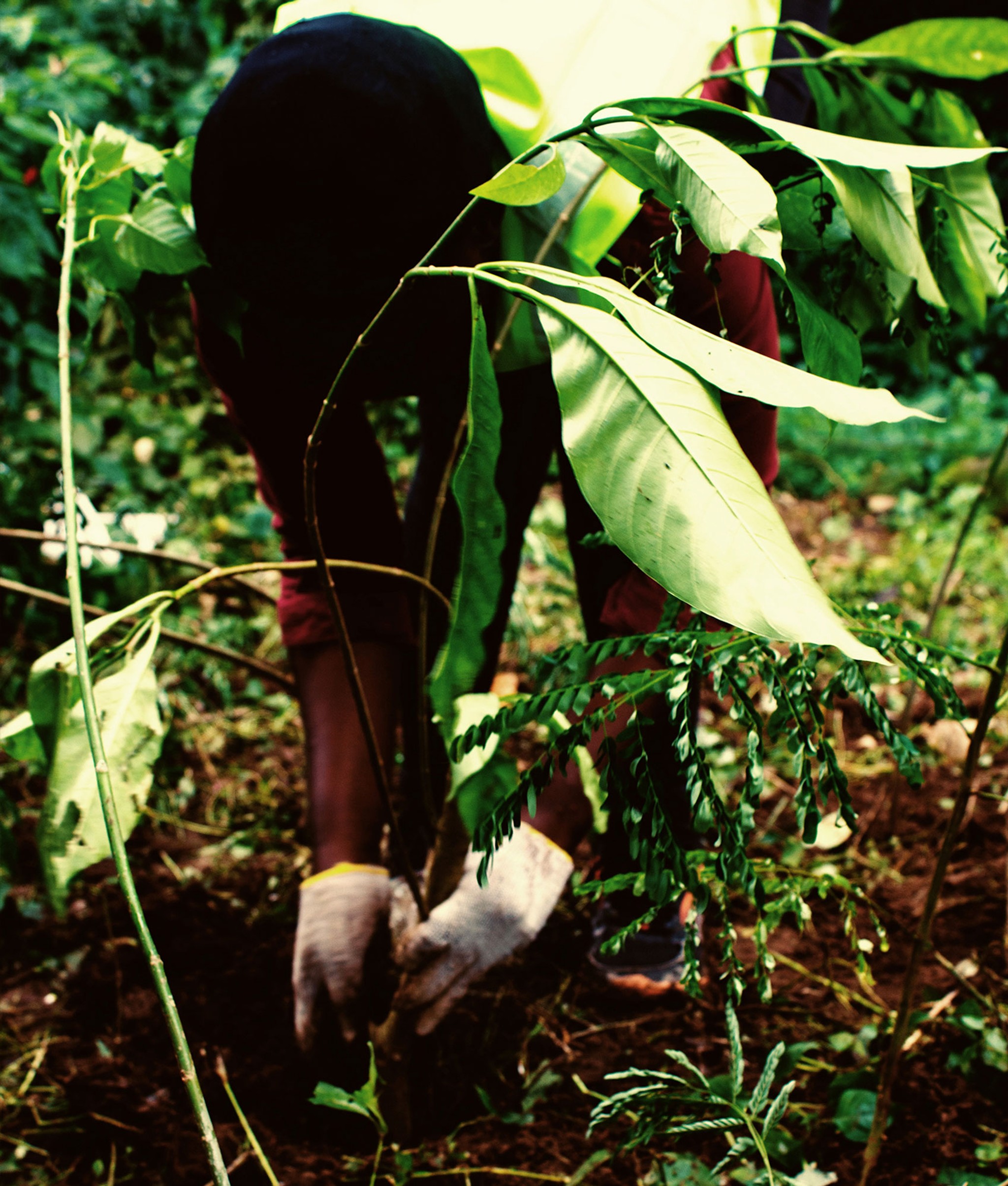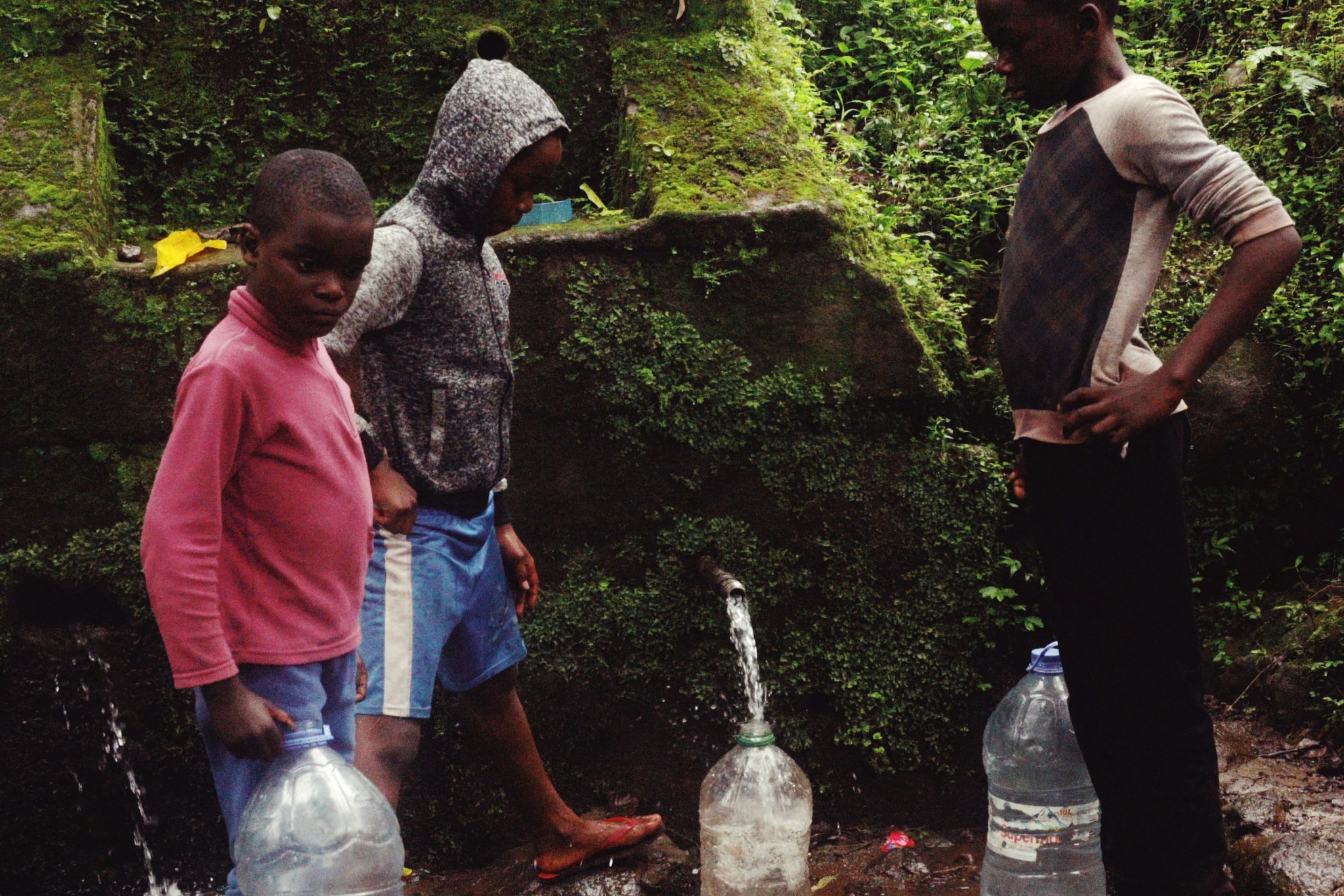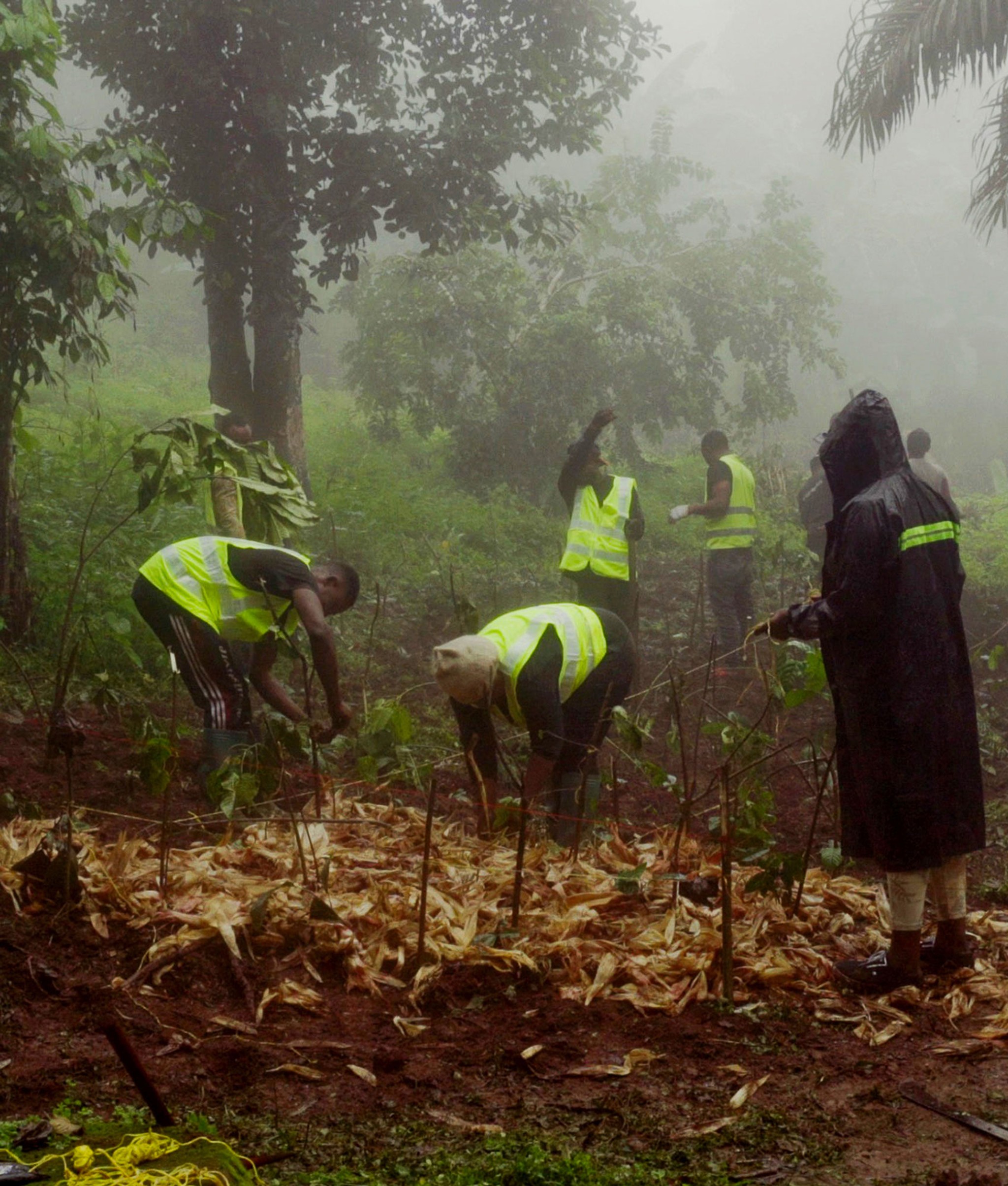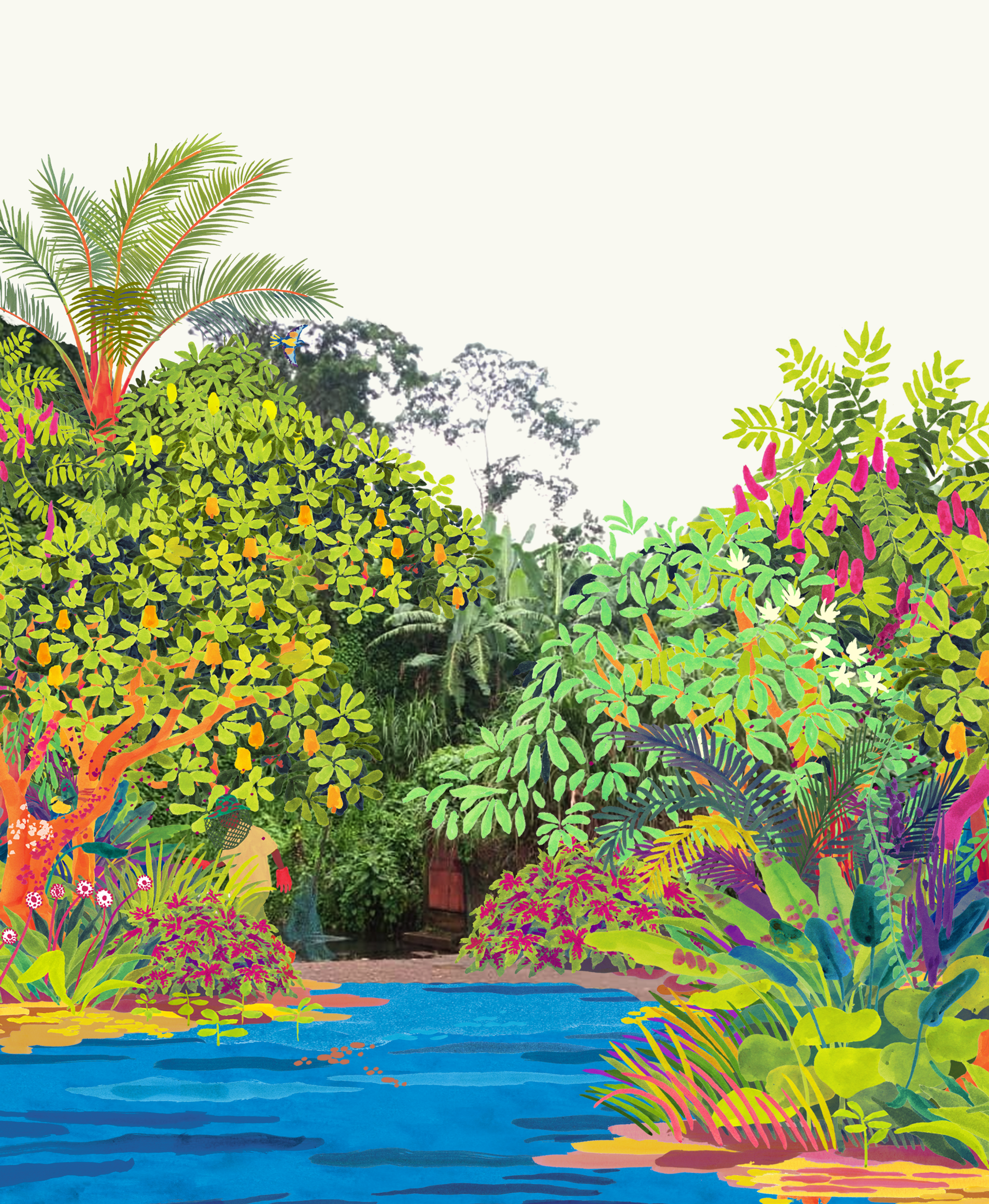Bwitingi
Rewilding Buea's water catchments - 3 of 3.

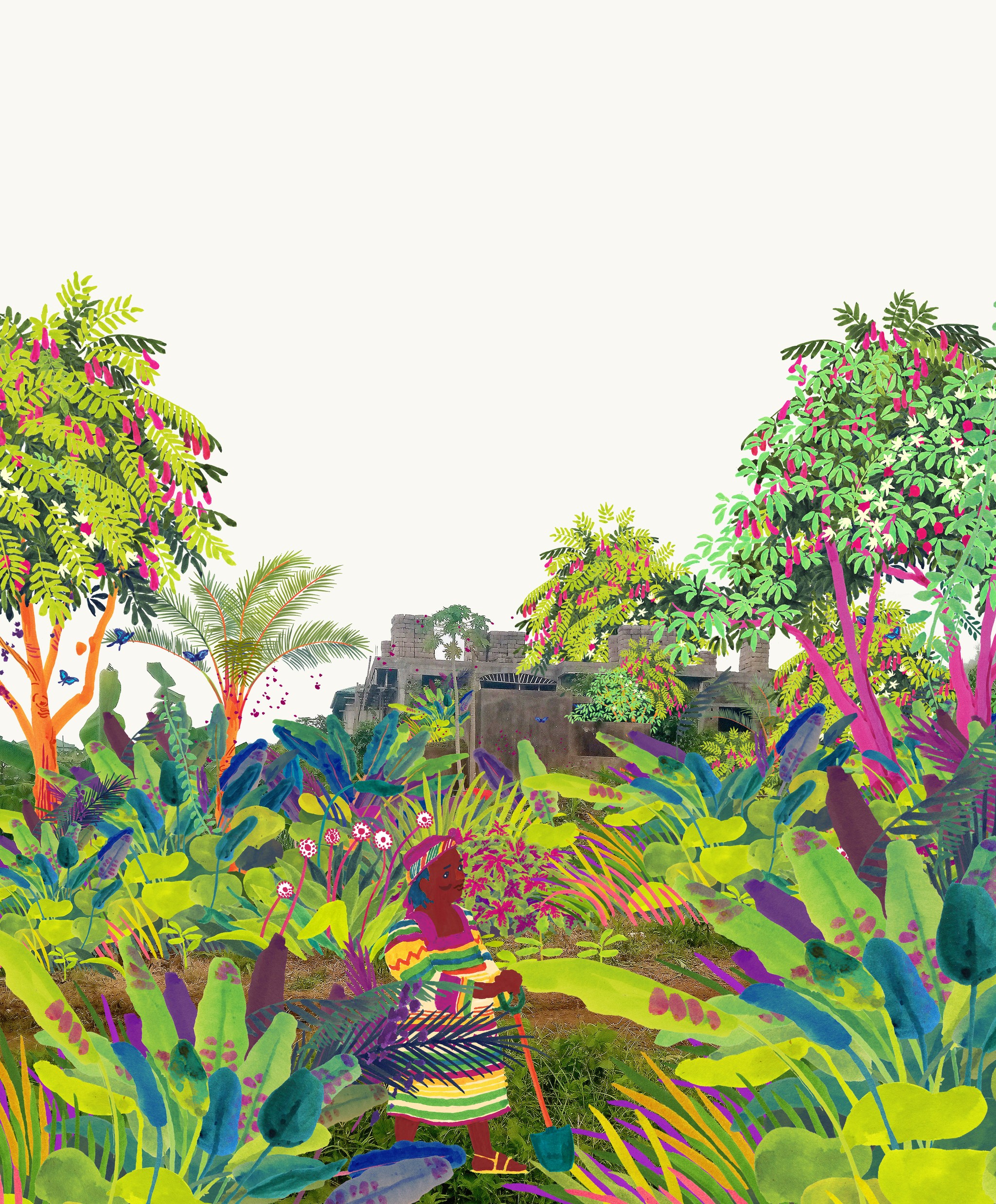
0
Trees
0
Square Meters
0
Native Species
Self Sustaining Forest
Bwitingi has been a remarkable success. Planted in August 2021, the forest has quickly become self-sustaining, playing a vital role in habitat creation and water conservation. It contributes to the local watershed, providing clean drinking water to the community and surrounding areas. The forest has also become a sanctuary for a diverse range of species, including insects, amphibians, and birds.
Species like the cabbage white butterfly, ants and millipedes thrive within the forest, enriching its ecosystem. Birds such as the Bannerman’s weaver and the white-bellied kingfisher have also been spotted, highlighting the forest’s significance in supporting and enhancing local biodiversity.
Forest Maker
Limbi Blessing Tata

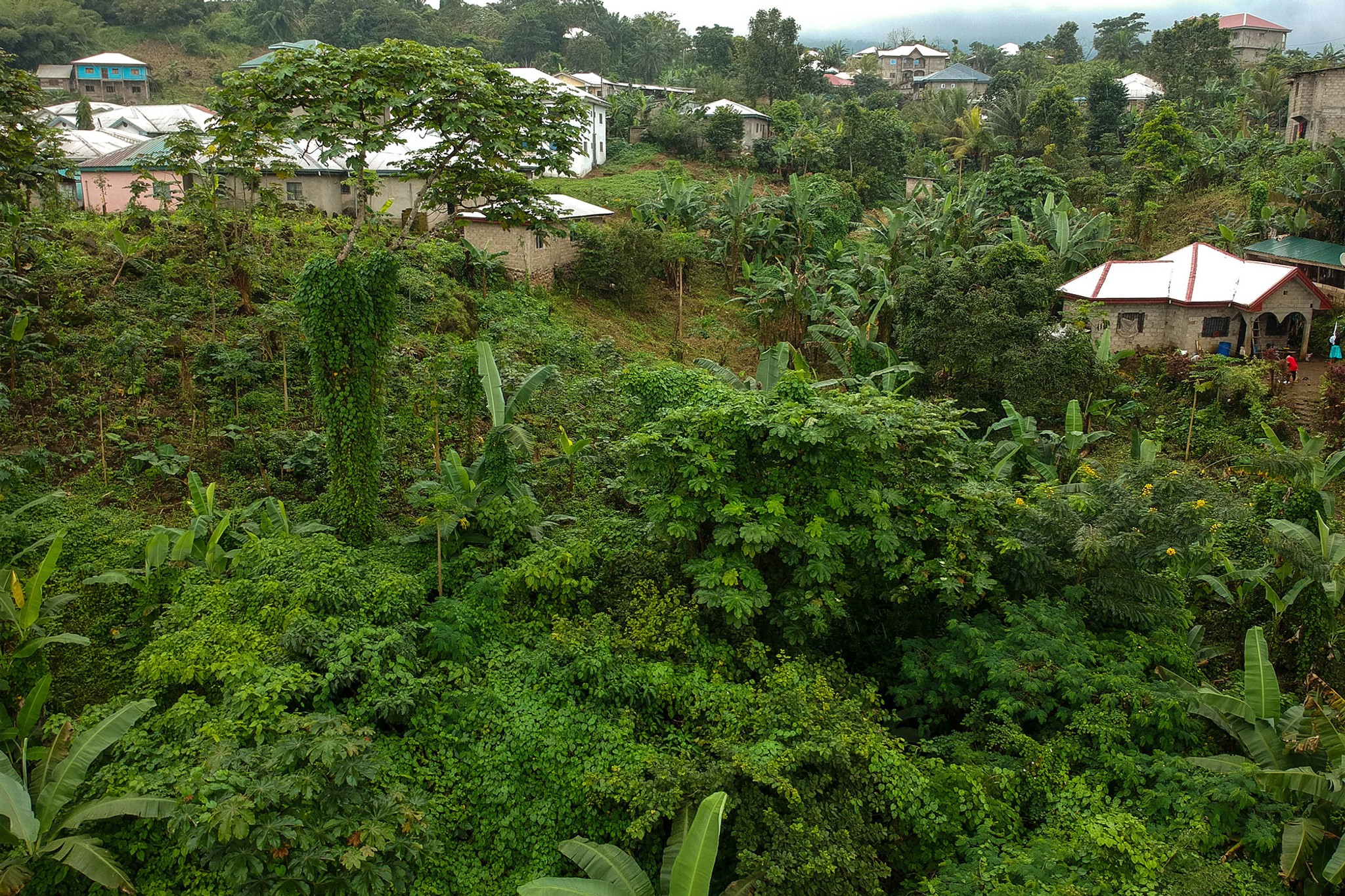
Ecosystem Restored
Final report: 19.12.2024
After approximately three years our SUGi Pocket Forests become self-sustaining. They no longer require human maintenance or watering, and can be handed over to Nature for biodiversity and complexity to naturally develop.
0%
Survival Rate
0
People living within 300 meters
0
kg of potential CO2 sequestration
Biodiversity
Biodiversity is all the different kinds of life you'll find in one area—the variety of animals, plants, fungi, and even microorganisms like bacteria that make up our natural world. Each of these species and organisms work together in ecosystems, like an intricate web, to maintain balance and support life.
0
Potential number of mammals
0
Potential number of birds
0
Potential number of amphibians
“We aren’t just planting forests, we are bringing about significant positive social change on many levels. Suddenly, youths are checking on us saying 'please when are we planting the next forest'? It's awesome.”
Limbi Blessing Tata, SUGi Forest Maker
Forest Report: 2022
0 Months
Forest Age
0%
Survival Rate
0m
Average of Tallest 3 Trees
After 1 year this forest is progressing well. It is dense - as a Miyawaki forest ought to be - with good canopy cover and low visibility on the forest floor, so much so that we have to call out to our team within the forest. This is a brilliant sign for wildlife in the forest; it means there are protected, sheltered spaces and this will support biodiversity. Bwitingi is a real haven.
The water catchment continues to do well with this new forest surrounding it. It remains a reliable water source for local people - in addition to local industry who rely on this catchment for construction works.
Biodiversity Notes:
Many millipedes (Stemmiulus gervais) have been seen in the forest.
Planting: August 2021
The Benefits
- Recharge ground water and improve water tables
- Regenerate biodiversity
- Allow for honey gathering
- Grow medicinal herbs and spices, nuts, fruits that can be harvested and sold by members of the community
